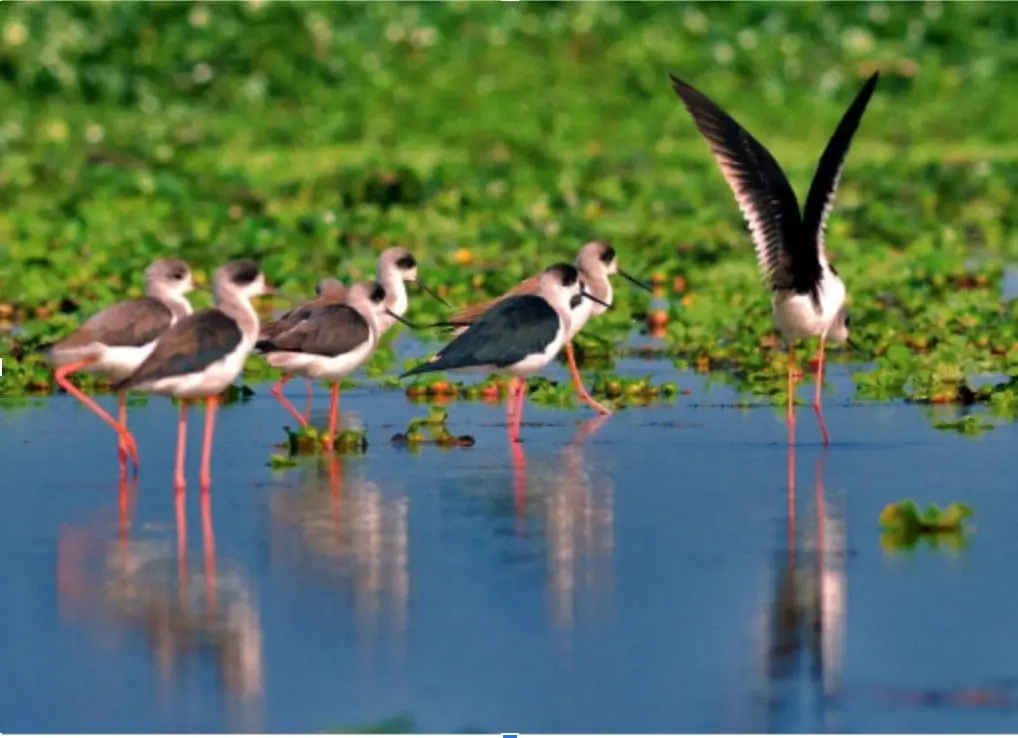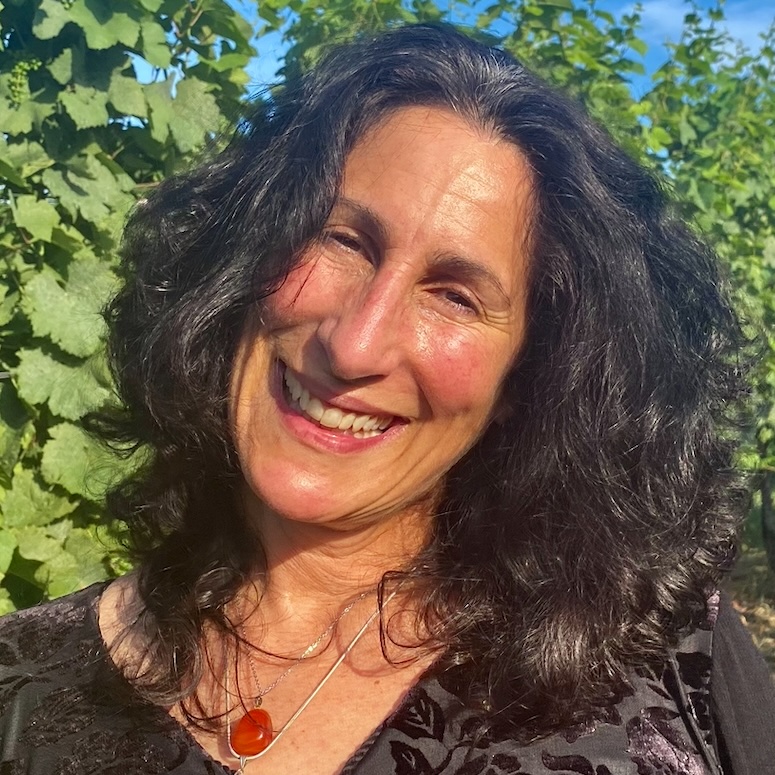Today is World Wetlands Day Yet Wetlands Are In Danger Now More Than Ever.
By: Ivy Steinberg-McElroy

Wetlands are a vital ecosystem that provide us with much more than recreation— they protect endangered flora and fauna, filter pollutants out of the water, absorb carbon, and act as buffers during flood events. Despite this, wetlands are disappearing at alarming rates, and one-fifth of the world’s wetlands have been lost since 1700. Today is World Wetlands Day and many recognize the value of wetlands but do not know of last year’s Supreme Court decision that put more than half of the wetlands in the United States at risk.
In May of 2023, the Supreme Court case Sackett v. EPA ruled to change the definition of “Waters of the U.S.”, or WOTUS, under the Clean Water Act. The CWA, which was created in 1972 to “restore and maintain the chemical, physical and biological integrity of the nation’s waters”, previously protected wetlands that had a “significant nexus” to federally protected waters. This included wetlands that were connected via groundwater or perennial (year-round) or ephemeral (seasonal) connections, but the new definition means only wetlands with a continuous surface water connection to federally protected waters are protected under the Clean Water Act. Not only is this definition not scientifically sound, it opens the way for the development and pollution of more than half of U.S. wetlands and could have ramifications on wetland governance around the world. Wetlands that will especially be at risk include numerous freshwater wetlands, bogs, peatlands, brackish and interdunal wetlands, floodplain wetlands cut off from rivers by levees and berms, desert arroyos, and intermittent streams.
What are some of the benefits wetlands provide?

Biodiversity. Flora and fauna depend on wetlands for habitat- 40% of all plant and animal species live or breed in wetlands, with approximately half of all federally listed threatened and endangered species in the United States being wetland dependent.
Improved water quality. Wetlands also help filter pollutants out of water by acting as a natural wastewater treatment plant. The East Kolkata Wetlands in Kolkata, India save adjacent communities members Money on their water and sewer bills by treating their wastewater for them.

Carbon sequestration. Wetlands act as a carbon sink, storing carbon that will be emitted into our atmosphere if we keep destroying wetlands.
Flood risk reduction. One acre of wetlands can store as much as 1.5 million gallons of floodwater. Coastal wetlands prevented more than $625 Million in direct property damages during Hurricane Sandy, reducing property damages throughout the Northeast US by 10% on average. Research has also found that one hectare of wetland loss in developed areas costs society $8,290 in flood mitigation value. Wetlands protection can also help us achieve more than we think— wetlands are essential to achieve the United Nations Sustainable Development Goals, especially clean water and sanitation (SDG 6), climate action (SDG 13), life on land and below water (SDGs 14 & 15), and more. According to the Global Wetland Outlook: Special Edition 2021, wetlands are our most effective land-based ecosystem for addressing the climate crisis.

Unfortunately, the WOTUS decision could lessen all of these benefits. Now, wetland protection is up to the states, and many states have weakened their wetlands protection laws in the wake of Sackett v. EPA. It is important to remember that water is transboundary— it does not adhere to state borders. Therefore, even if a state has a strong wetlands policy, it is impacted by development by states upstream. For example, the Chesapeake Bay runs through seven different states and comprises 1.5 million acres of wetlands, many of which are ephemeral. New York and Virginia have strict laws, but Delaware and West Virginia do not, meaning those states that are downstream of Delaware and West Virginia will be impacted.
What can you do? First, spread the word about the importance of wetlands. Join community groups and environmental organizations that help protect and restore wetlands. Organize — contact your state representatives and tell them you want wetlands to be protected in the wake of the Sackett v. EPA decision. And of course, enjoy the beauty and recreation of wetlands responsibly: plant native species, stay in designated visitor areas while recreating, use non-toxic products for household cleaning and lawn and garden care, and avoid developing on them. While this Supreme Court case dealt a blow to wetlands protections, we can spend today and every day working to protect and restore this precious ecosystem before it is too late.
With this in mind, the Global Water Alliance looks toward its 17th Annual Conference later this year — Nature-based Solutions for WaSH, Resilience for Humans and Nature. Details on the conference to follow.
2.2.24
Originally Published on https://greenlifebluewater.earth/feed/























